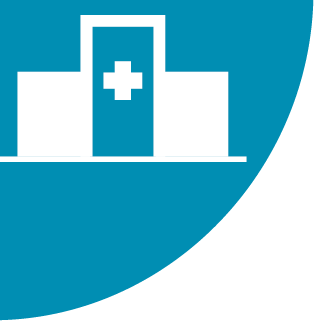NEWSWATCH
HEALTHCARE

NIOSH Studies How Safety Practices Affect Administration of Hazardous Drugs
A study by NIOSH researchers examined the effects of organizational safety practices and “safety climate”—employees’ perceptions about the importance of safety—on the use of personal protective equipment (PPE) and engineering controls during the administration of liquid antineoplastic drugs. The researchers also studied how organizational factors and safety climate might affect the likelihood of adverse events such as spills, leaks, or skin contact. The article, which was published in the July 2017 issue of the
Journal of Occupational and Environmental Hygiene
(JOEH), analyzes survey responses from 1,814 nurses who had administered liquid antineoplastic drugs in the seven days prior to the survey. Approximately 14 percent of the nurses who responded reported experiencing an adverse event during the previous week.
According to the authors, the use of engineering controls and PPE was better in non-profit and government versus for-profit settings, when workers were more familiar with safe-handling guidelines, and when specific safe-handling procedures were present. Use of PPE and engineering controls was also better when management’s commitment to safety was perceived to be higher.
In addition, NIOSH researchers found that not experiencing an adverse event was associated with consistent use of more engineering controls and PPE, more precautionary measures, and greater management commitment to safety and general risk perception.
“This study adds to a growing body of research demonstrating that safety practices in this particular area of healthcare remain in need of improvement,” the authors conclude. “Viewed together, the results underscore the value of implementing a comprehensive health and safety program that utilizes available hazard controls and effectively communicates and demonstrates the importance of safe handling practices.”

